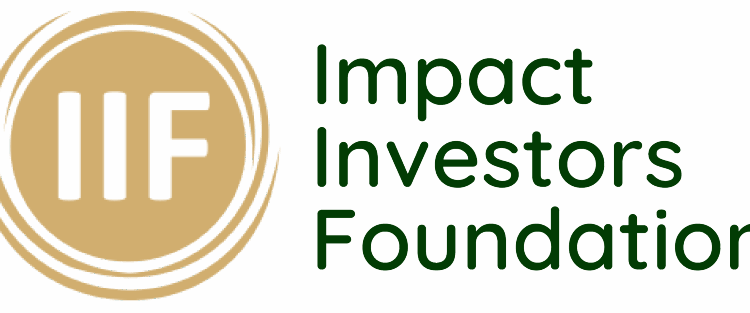Nigeria’s platform for unlocking impact capital, the Impact Investors Foundation (IIF), has rallied support on gender balancing by hosting the third edition of its Gender Impact Investment Summit (GIIS) on October 2, 2025, in Lagos.
The annual event serves as a crucial platform where stakeholders converge to address systemic barriers that limit women’s access to finance and accelerate progress toward a more inclusive and equitable investment landscape in the country.
While previous summits focused on bridging the financing gap and promoting gender-inclusive investment models, this year’s summit will move beyond dialogue by introducing a comprehensive roadmap with targeted interventions for inclusive capital mobilisation. The third annual summit, with the theme ‘Investing in Equity: Advancing Gender-Led Solutions for Inclusive Development,’ will mark a significant turning point, shifting from advocacy to tangible action.
A key event highlight will be unveiling the ground-breaking Gender/Gender Equity and Social Inclusion (GESI) Roadmap. This strategic framework is designed to tackle the systemic barriers faced by businesses led by women, youth, and People with Disabilities (PWDs) in Nigeria, providing a clear path for various actors to adopt more inclusive practices.
Reacting to this, the CEO of Impact Investors Foundation, Ms Etemore Glover, stated, “This summit is about more than just talk; it’s about action. By shifting our focus from advocacy to a powerful business strategy, we’re proving that investing with a gender lens isn’t just about doing good—it’s about achieving higher returns.”
A key feature of the summit will be in-person and virtual deal rooms, which will provide a direct platform for investment-ready, women-led, and women-owned businesses to connect with capital providers. This unique opportunity will facilitate crucial partnerships and foster real-world investments by connecting entrepreneurs with impact investors and fund managers.
The GIIS welcomes a diverse audience of stakeholders, including entrepreneurs, financial institutions, enterprise support organisations, government representatives, and the media, all vital to driving meaningful change.






